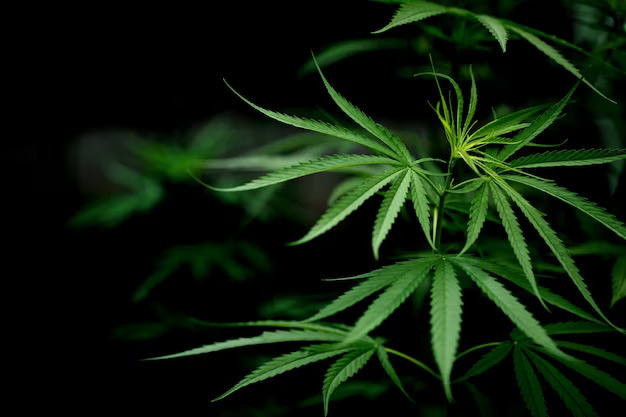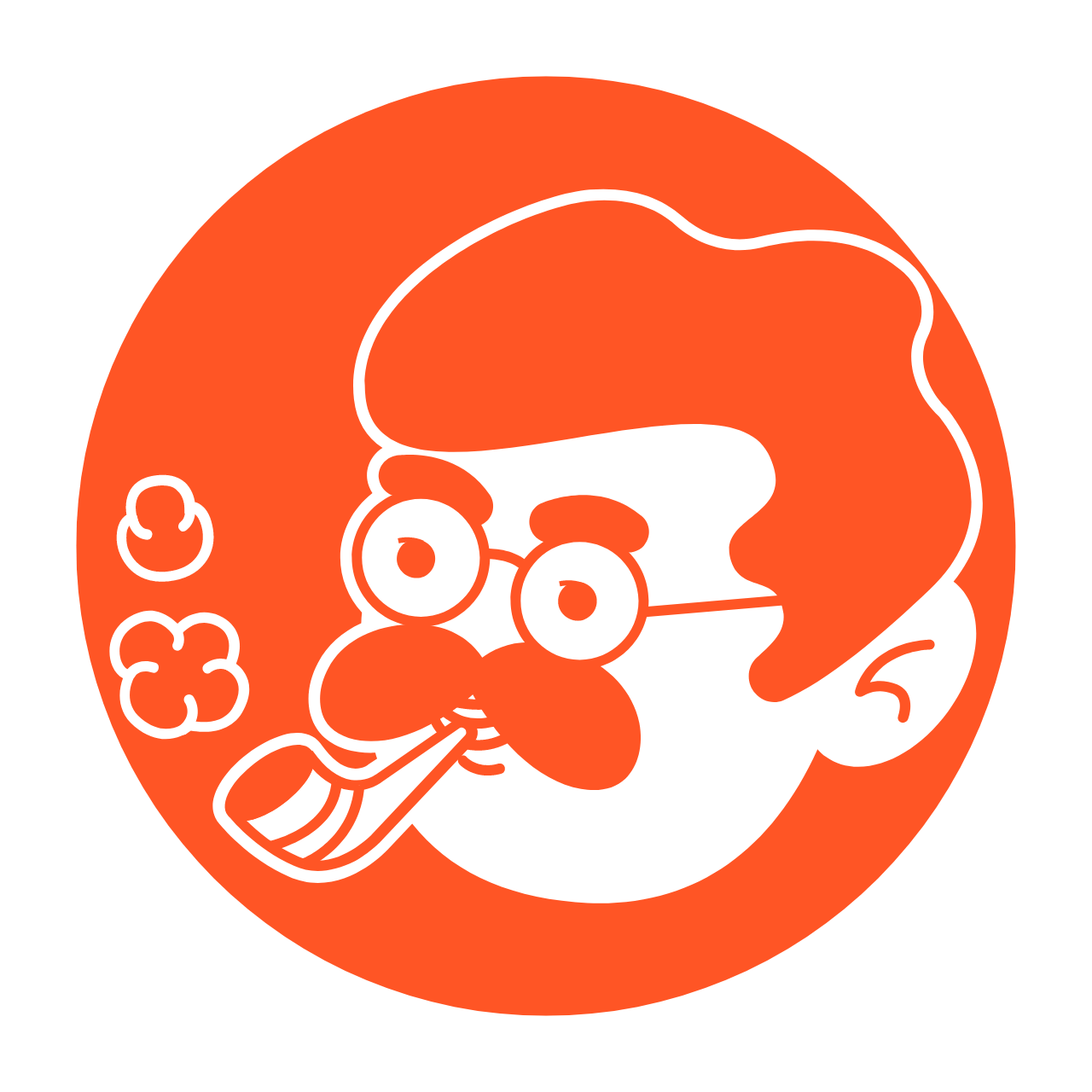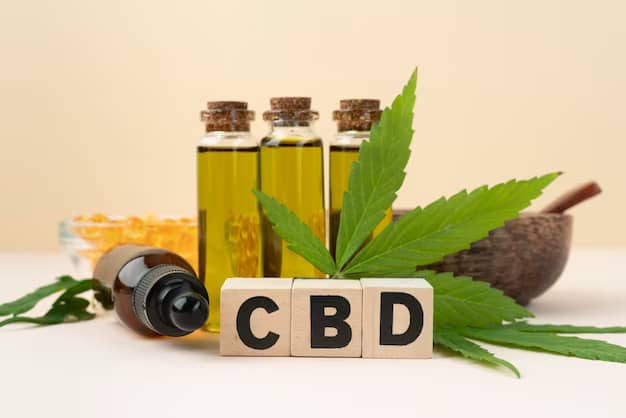In an era where stress and anxiety have become commonplace, people are increasingly turning to alternative remedies for relief. Among these alternatives, Cannabidiol (CBD) has emerged as a notable contender. This article delves into the world of CBD for anxiety, exploring its uses, dosage guidelines, and potential side effects.


What is CBD?
Cannabidiol, commonly known as CBD, is a naturally occurring compound found in the Cannabis sativa plant. Unlike its counterpart THC (tetrahydrocannabinol), CBD doesn't produce a psychoactive "high" effect. Instead, it interacts with the endocannabinoid system in the body, a complex network responsible for regulating various physiological processes.How Does CBD Work for Anxiety?
The exact mechanisms through which CBD affects anxiety are still under investigation. However, it is believed that CBD influences receptors in the endocannabinoid system, particularly the CB1 and CB2 receptors. These receptors play a crucial role in modulating anxiety-related behaviors and mood.
Uses of CBD for Anxiety:
Generalized Anxiety Disorder (GAD):
One of the primary areas where CBD has shown promise is in the management of Generalized Anxiety Disorder (GAD). GAD is characterized by excessive and persistent worry about everyday situations. Research indicates that CBD may help alleviate symptoms by interacting with serotonin receptors in the brain, contributing to a sense of calmness.Social Anxiety Disorder:
Social anxiety can be debilitating, making everyday social interactions challenging. CBD has demonstrated the potential to reduce social anxiety symptoms. Studies suggest that CBD's anxiolytic (anxiety-reducing) properties could be beneficial for those struggling with social anxiety.Post-Traumatic Stress Disorder (PTSD):
For individuals dealing with the aftermath of trauma, such as those with Post-Traumatic Stress Disorder (PTSD), finding effective treatments is crucial. Preliminary studies propose that CBD might help manage PTSD symptoms, including nightmares and hyperarousal.Dosage Guidelines
Start Low and Go Slow
If you're considering incorporating CBD into your anxiety management routine, the golden rule is to start with a low dosage and gradually increase it. This allows you to gauge your body's response and find the optimal dosage for your individual needs.Consult a Healthcare Professional
Before embarking on a CBD journey, it's essential to consult with a healthcare professional. They can provide personalized advice based on your health condition, current medications, and other individual factors. Your doctor can help you navigate the potential interactions between CBD and any prescription medications you may be taking.Consider the Form of CBD
CBD comes in various forms, each with its own set of advantages and drawbacks. Common forms include oils, capsules, gummies, and topical creams. The choice of form can impact the onset and duration of CBD's effects. For example, CBD oils and tinctures are absorbed more quickly than edibles, offering a faster onset of relief.Possible Side Effects of CBD
Dry Mouth
One of the most commonly reported side effects of CBD is dry mouth. This is a sensation often associated with cannabis use and can be managed by staying adequately hydrated.Changes in Appetite
Some individuals may experience changes in appetite when using CBD. This can manifest as an increase or decrease in appetite. Monitoring these changes and adjusting your diet accordingly can help manage this side effect.Interactions with Medications
CBD has the potential to interact with certain medications, altering their effectiveness or causing adverse effects. It's crucial to inform your healthcare provider about your CBD use to prevent any potential interactions. This is particularly important if you are taking medications metabolized by the liver, as CBD is also processed by the same enzymes.Fatigue and Drowsiness
While CBD is generally well-tolerated, some users may experience fatigue or drowsiness. If this occurs, adjusting the dosage and considering the timing of CBD consumption can help manage these side effects.

